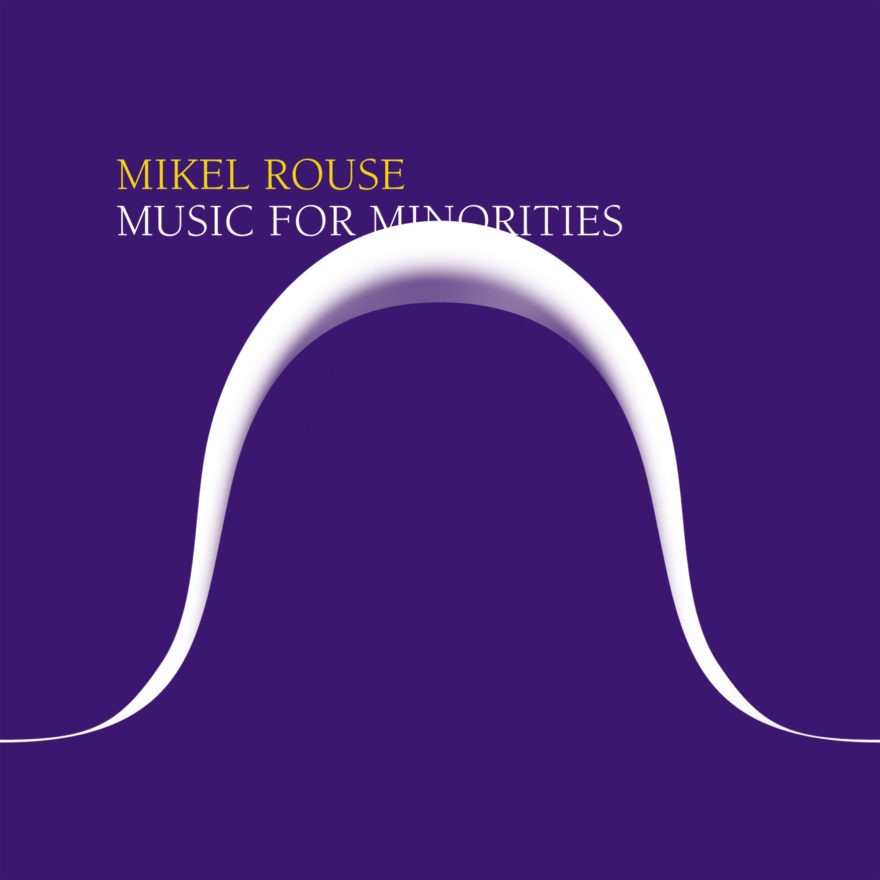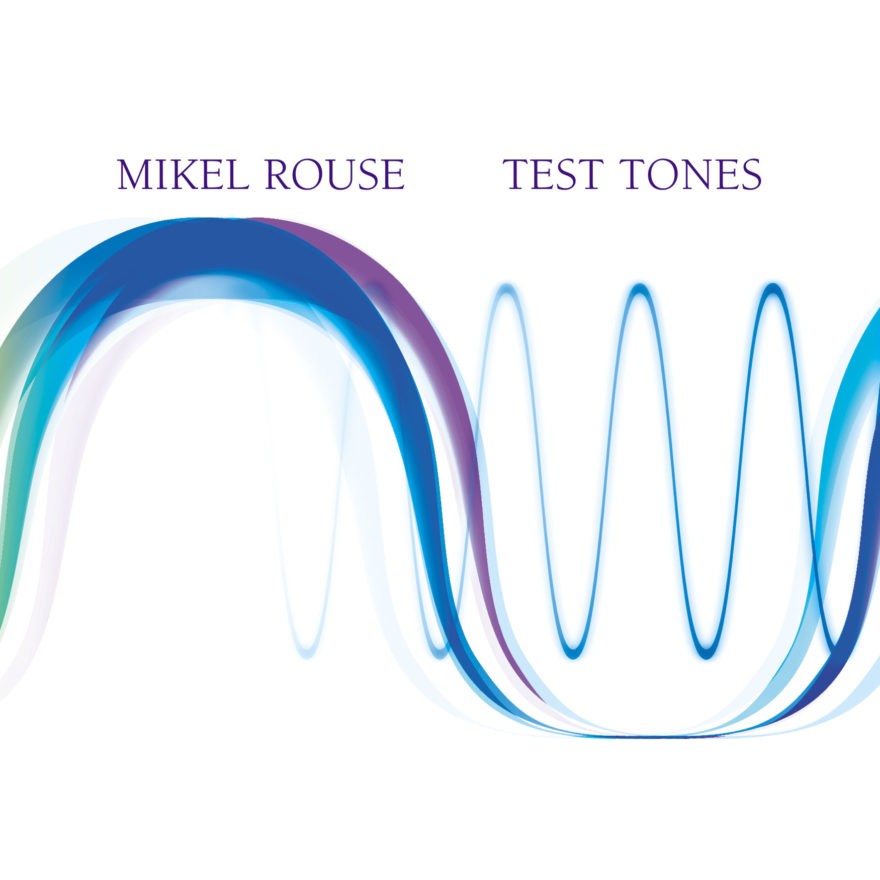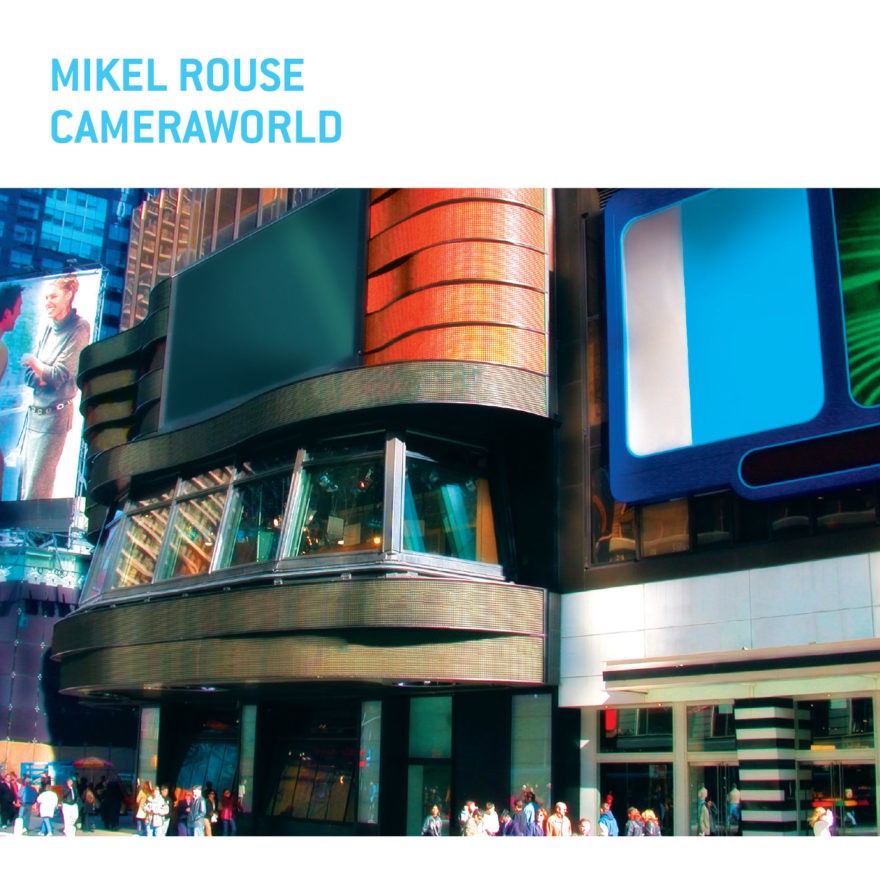Mikel Rouse is an extremely ambitious New York-based composer, director, performer and recording artist. The New York Times praised him as “a composer many believe to be the best of his generation.” Beyond his 30 records and seven films, Rouse is probably best known for a growing body of operas which draw from popular culture and the effects of mass-media saturation: Failing Kansas (1994), based on the murders in Truman Capote’s In Cold Blood; Dennis Cleveland (1995), the first television talk show opera; and The End of Cinematics (1996).
Rouse has constantly been at the forefront of technology and composition. His 1984 piece Quorom was written for LinnDrum machine and his accompaniment for Merce Cunningham’s 2006 dance eyeSpace was presented to the audience on individual iPods set to shuffle mode. In Rouse’s words, “All the audience members have their own secret, their own special version.”
Having such an accomplished client forces a designer to rise to another level. Rouse’s music sounds familiar — almost like pop music — but there’s an intriguing strangeness to its structure and effect. For example, all written language in the cover image for Cameraworld was removed to reflect how the piece ignores storyline in order to emphasize the visually dynamic. The image is both familiar and strange.




